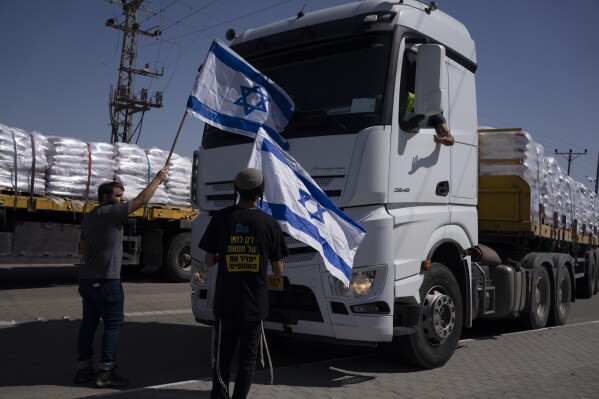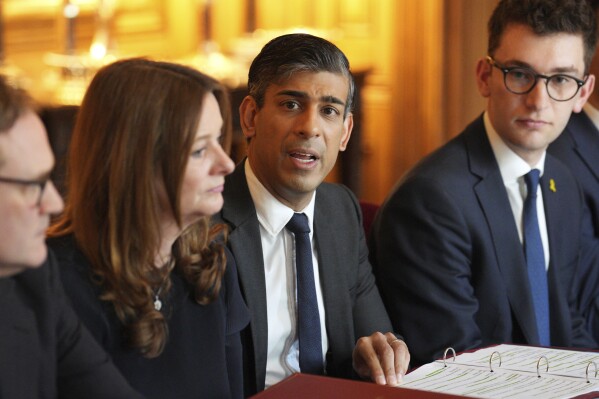Putin Ally Warns Russia's Nuclear War Policy May Change
Russian Deputy Foreign Minister Sergei Ryabkov, an ally of President Vladimir Putin, warned that while Moscow's nuclear war policy hasn't changed, the situation is fluid.
When asked if Russia's nuclear doctrine would be updated to include the possibility of a preventive strike, Ryabkov told reporters on Thursday: "The doctrine and basics of state policy in the area of nuclear deterrence explicitly state the possibilities for the first use of nuclear weapons.
"At the moment, nothing has changed in this regard, but the situation itself is changing. As a result, the way basic documents in this field relate to the needs of maintaining our security is constantly analyzed."
Newsweek reached out to the Russian government via an online form and Ukraine's foreign affairs ministry via email for comment.
It's been over two years since Putin launched a full-scale invasion of Ukraine in February 2022. Concerns remain that it could escalate into a nuclear war.
However, Putin said in March that, while Moscow is prepared for nuclear war, it is not his intention to use the weapons unless there is a threat to the "existence of the Russian state" or "damage to our sovereignty and independence."
Meanwhile, Ukraine gave up its nuclear weapons in 1994 under an agreement known as the Budapest Memorandum.
Following the collapse of the Soviet Union in 1991, thousands of nuclear arms were abandoned in Ukraine, leaving Kyiv at the time with the third-largest nuclear arsenal in the world. The Budapest Memorandum affirmed Ukraine's security and sovereignty in exchange for giving up the nuclear stocks.
Russia and Ukraine signed the agreement in December 1994, along with the United States, the United Kingdom, Belarus and Kazakhstan.
Nuclear Drills
As tensions rise between Ukraine and its Western allies and Moscow, Russia's defense ministry has launched preparations for nuclear-weapon drills in southern Russia.
"We warn our opponents that their course towards escalation will, of course, prompt the need for us to take steps that actually mean enhancing deterrence measures. The drills of practicing the skills of employing non-strategic nuclear weapons are an element of these efforts," Ryabkov said on Thursday.
Russia's defense ministry said on Monday, when it announced the drills, that the nuclear exercise was connected to "provocative statements and threats by certain Western officials against the Russian Federation."
Putin said on Thursday that "there is nothing unusual" about the drills and that they are "planned work," calling it "training," Russia state-owned news agency TASS reported.
Belarus will join its ally in one of the parts of the nuclear exercise.
"We hold them regularly," Putin said. "This time they are held in three stages. At the second stage, Belarusian colleagues will join our joint actions."
Disclaimer: The copyright of this article belongs to the original author. Reposting this article is solely for the purpose of information dissemination and does not constitute any investment advice. If there is any infringement, please contact us immediately. We will make corrections or deletions as necessary. Thank you.

